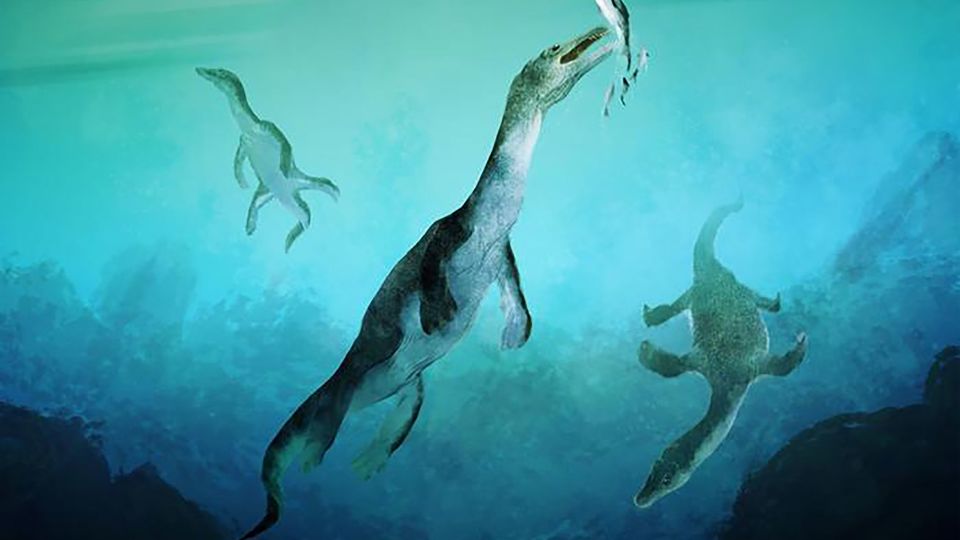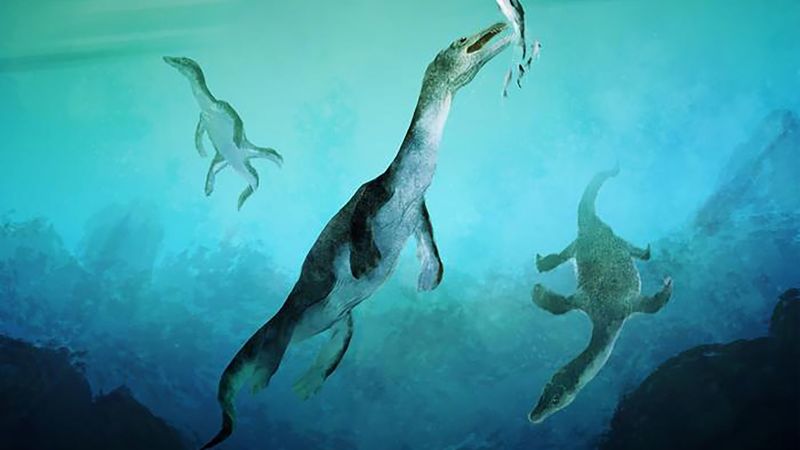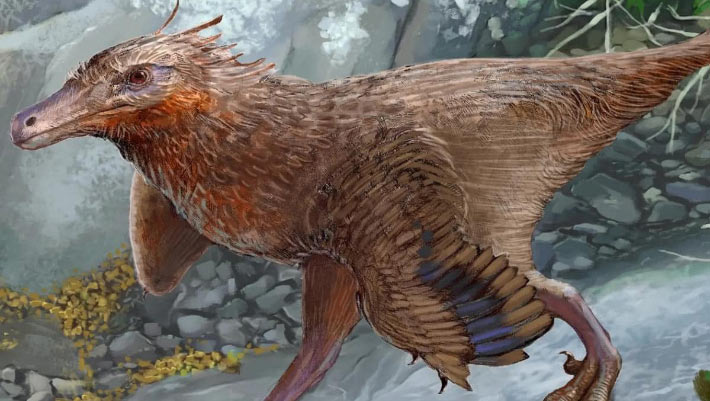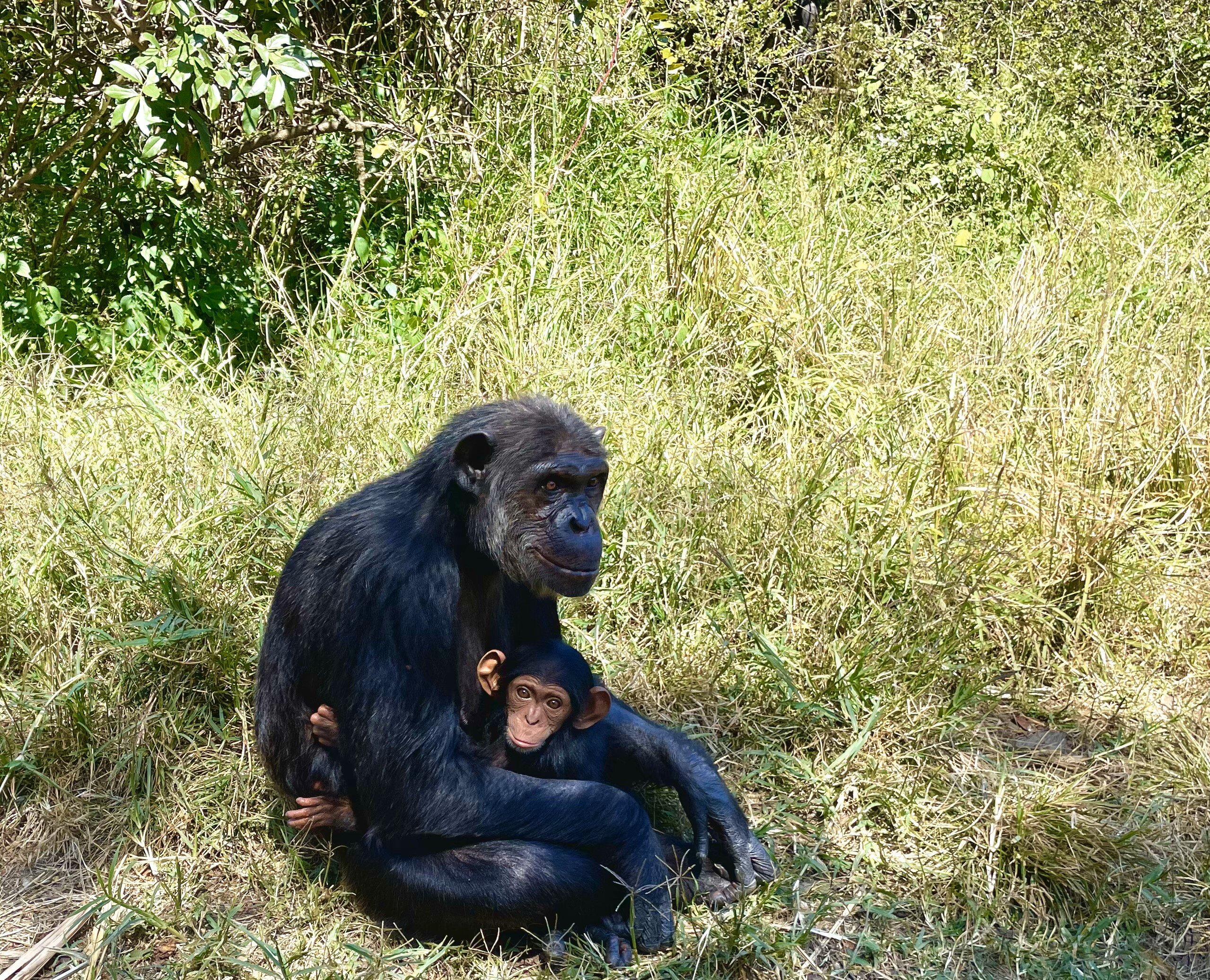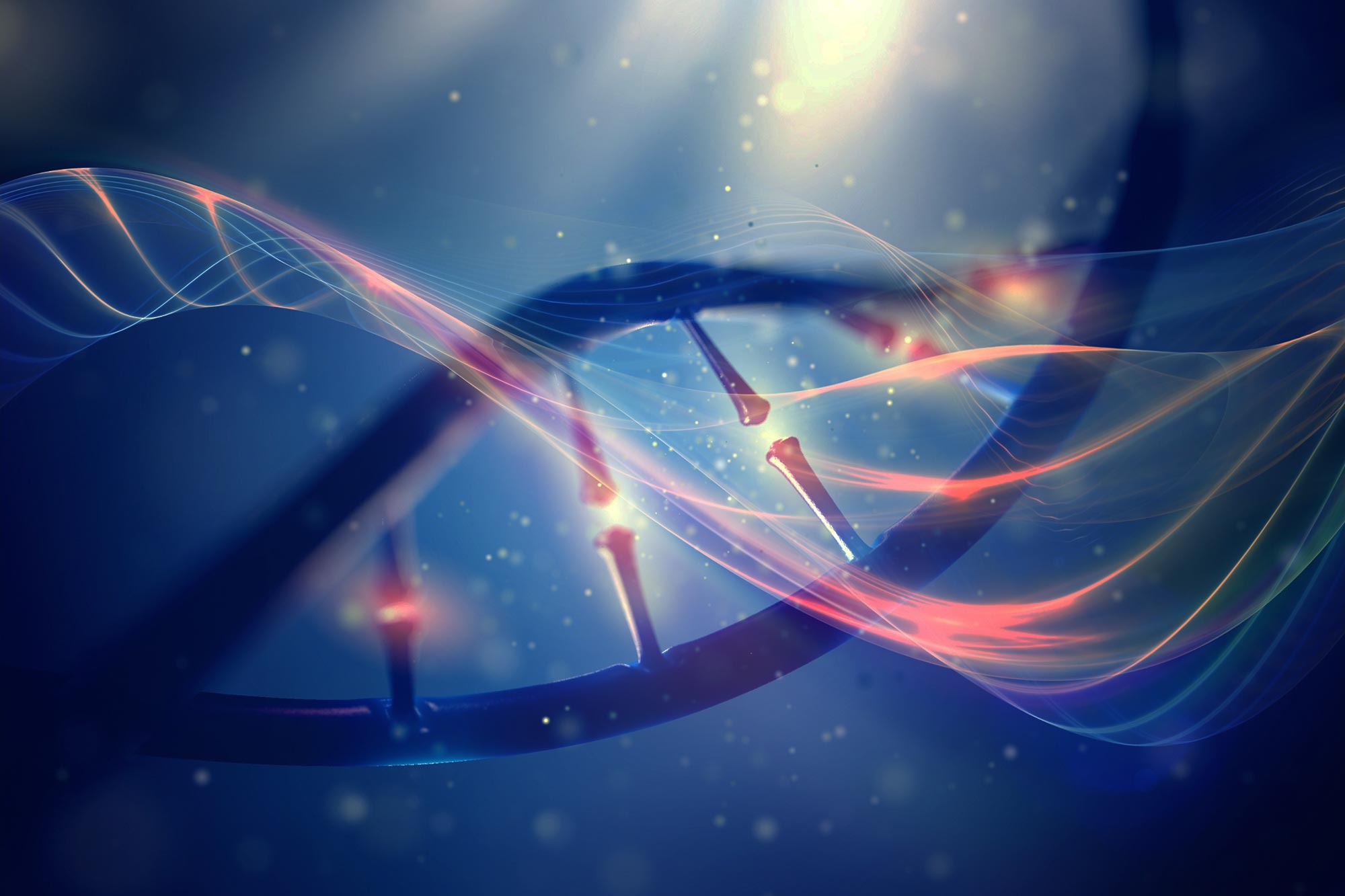Scientists think they know why people live so long: Moms | CBC News
Why do people live so long? A new study suggests that a mother’s care could be an important part of that. The Cornell University study says the reason humans and other primates live so long can be at least partially explained by the mother-infant relationship. Maternal care leads to the evolution of “long, slow lives,” … Read more

